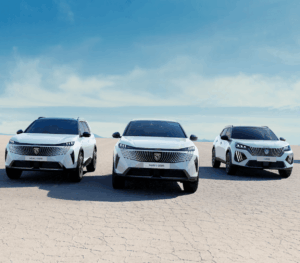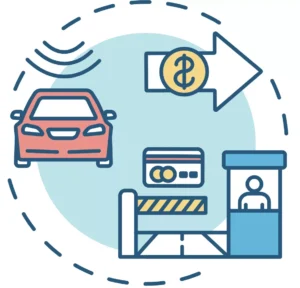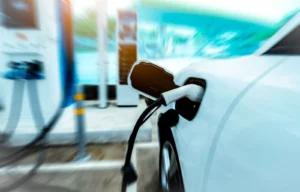The Government is being warned it faces a “huge challenge” to hit its target to phase out electric and diesel vehicle sales from 2030.
The Commons Public Accounts Committee has released its first report into the government’s plans, where it says there are several barriers that need to be addressed including the ease of charging electric cars. It also notes there will still be petrol and diesel cars on our roads for years to come.
“The number of charging points is increasing rapidly, but many more will be required within a very short period of time to support the envisaged growth in electric cars in the UK,” the report says adding “The Departments for Transport and for Business, Energy & Industrial Strategy will need to do much more to consider the practical application of this large societal change and must put consumers at the heart of their considerations. Achieving this ambition will require convincing consumers of the affordability and practicality of zero-emission cars, with up-front prices still too high for many in comparison to petrol or diesel equivalents, and addressing the current very uneven take-up across the UK.”
The committee also warns that Departments will need to be on top of the other consequences arising from this transition, including the impact on the skills and capabilities required to support the changeover in the UK vehicle fleet; the environmental and social implications of the switch-over both in the UK and across global supply chains; the impact on our future power needs; and the impact on the government tax-take due to the loss of fuel duties. To date the Departments have lacked a clear published plan setting out how they propose to manage these consequential impacts, who they will need to work with, and the timetables for any action. The onus is on the Departments to show they are on top of all the repercussions and focussed on supporting consumers to shift to electric as they work towards the government’s ambitious goal.
RAC head of policy Nicholas Lyes said, “While the 2030 deadline is a huge challenge, the number of drivers choosing electric vehicles is higher than ever and with more new models coming on to the market, the proportion will only grow further. The Government’s plug-in car grant provides some incentive to purchase an electric car but there is no commitment to retain this beyond 2023 at present and we would encourage the Government to continue looking at ways to incentivise take-up. A strong network of fast, reliable and easy-to-use public chargepoints which allow for contactless payment, alongside measures to help those without off-street parking, are undoubtedly vital pieces to the jigsaw of making an electric vehicle become the default choice in the next few years.”
Read the full report here.
(Picture – Yay Images)
























